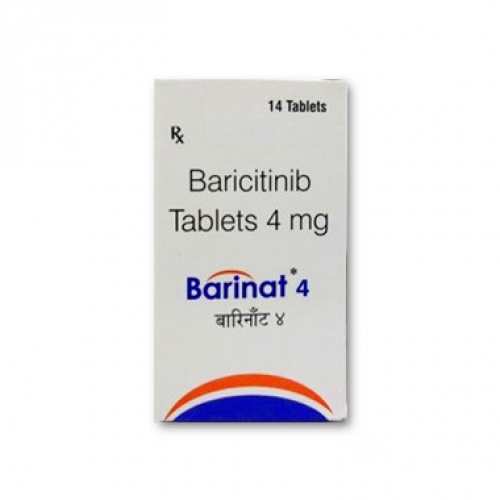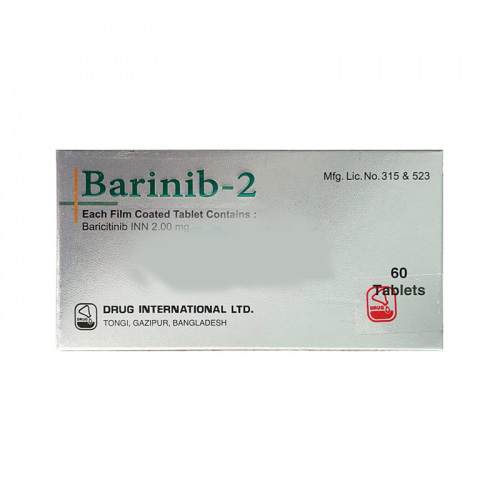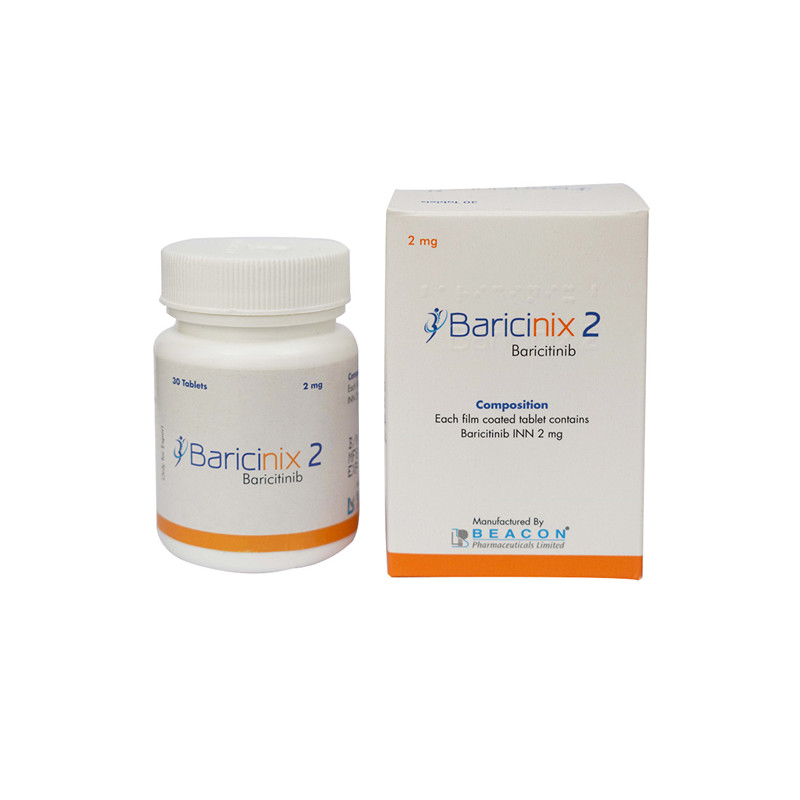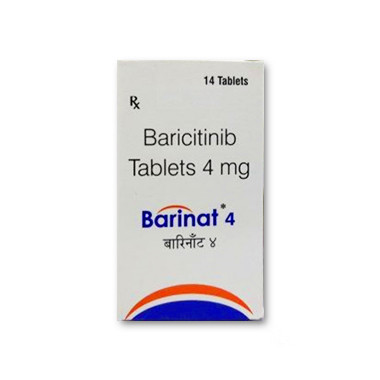Baricitinib(巴瑞替尼)的作用功效与副作用,Baricitinib(Baricitinib)常见副作用有:1、严重感染,如肺炎、带状疱疹和尿路感染;2、死亡率,50岁以上及有心血管疾病的患者有更高的全因死亡率;3、恶性肿瘤和淋巴增生性疾病;4、重大心血管不良事件;5、血栓形成;6、会出现过敏反应;7、胃肠道穿孔;8、可能会对胎儿造成损害。
Baricitinib (巴瑞替尼) is a medication that has shown promise in the treatment of several conditions, including rheumatoid arthritis, COVID-19, and alopecia areata. It is important to note that Baricitinib should only be used under the supervision of a healthcare professional. In this article, we will explore the effects, benefits, and potential side effects of Baricitinib.
1. Baricitinib's Role in Rheumatoid Arthritis Treatment:
Rheumatoid arthritis (RA) is an autoimmune disease that causes joint inflammation, pain, and stiffness. Baricitinib is a targeted synthetic disease-modifying antirheumatic drug (DMARD) that works by selectively inhibiting Janus kinase (JAK) enzymes. By acting on JAK enzymes, Baricitinib helps reduce the activity of the immune system, thereby alleviating the symptoms of RA. Clinical trials have shown that Baricitinib can effectively improve joint function and reduce the progression of joint damage in patients with moderate to severe RA.
2. Baricitinib's Potential Role in COVID-19 Treatment:
In the midst of the COVID-19 pandemic, Baricitinib emerged as a potential treatment option. Research has indicated that Baricitinib may have antiviral and anti-inflammatory properties that could be beneficial in managing COVID-19. The drug's ability to inhibit JAK enzymes may help reduce the excessive immune response and the associated inflammation seen in severe cases of COVID-19. Combining Baricitinib with other antiviral drugs, such as remdesivir, has shown promising results in reducing the duration of hospitalization and accelerating recovery. However, it is important to note that Baricitinib should not be used for the treatment of COVID-19 without proper medical guidance.
3. Baricitinib in the Treatment of Alopecia Areata:
Alopecia areata is an autoimmune condition characterized by hair loss, typically in patches. It occurs when the immune system mistakenly attacks hair follicles. Studies have suggested that Baricitinib may be effective in treating moderate to severe cases of alopecia areata. The drug's immunomodulatory properties can target the immune cells responsible for attacking hair follicles, potentially promoting hair regrowth. However, further research is needed to establish the safety and efficacy of Baricitinib for this specific condition.
4. Potential Side Effects of Baricitinib:
As with any medication, Baricitinib can have side effects. Common side effects may include upper respiratory tract infections, headache, and increased cholesterol levels. Rare but serious side effects may include blood clotting disorders, serious infections, and changes in liver function. Patients taking Baricitinib should be closely monitored by their healthcare provider to detect and manage any potential adverse effects.
In conclusion, Baricitinib has shown promise in the treatment of rheumatoid arthritis, potential utility in managing COVID-19, and potential benefits for alopecia areata. However, it is crucial to recognize that Baricitinib should only be used under the supervision of a healthcare professional who can carefully assess the benefits and risks for each individual patient.
















